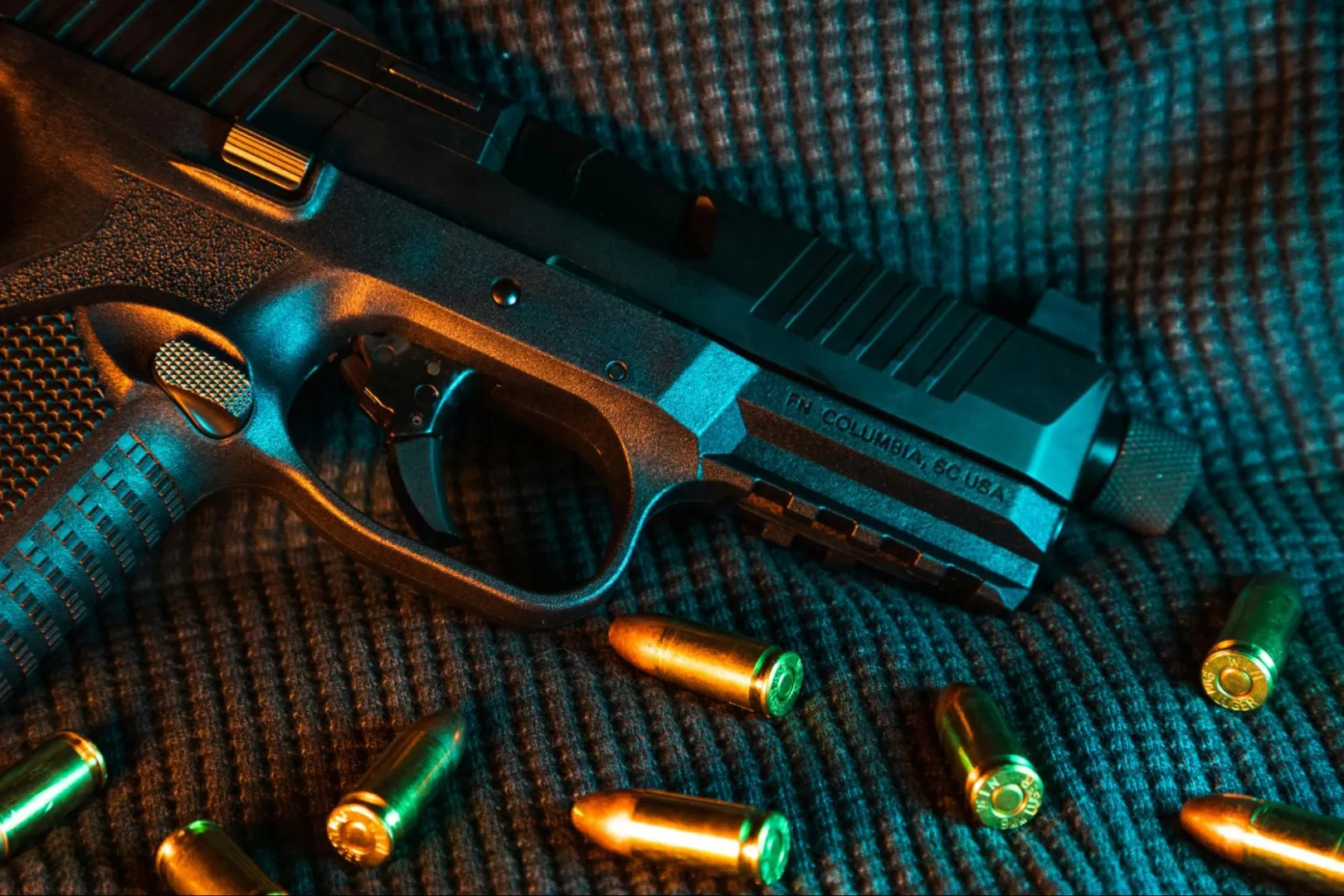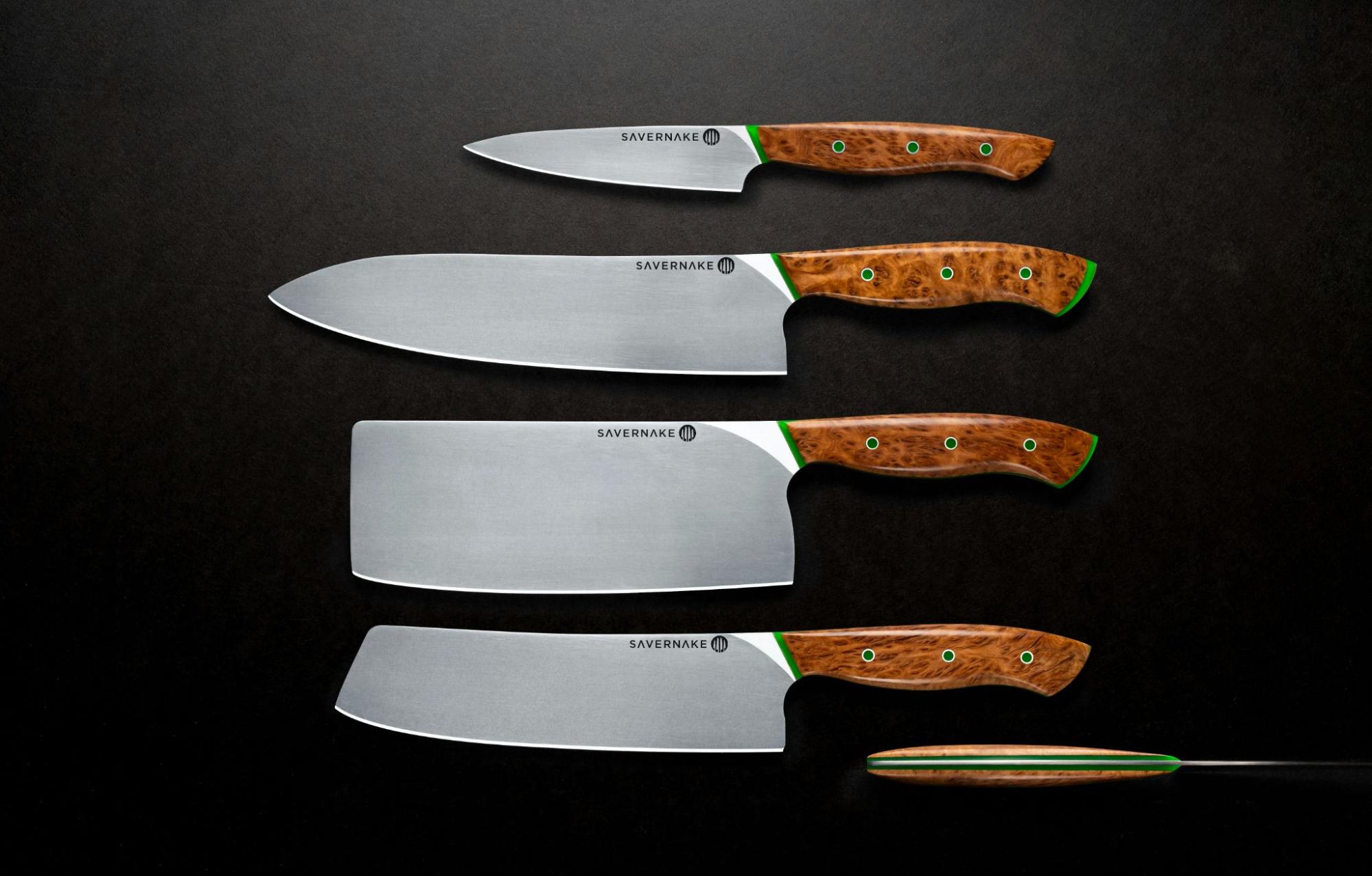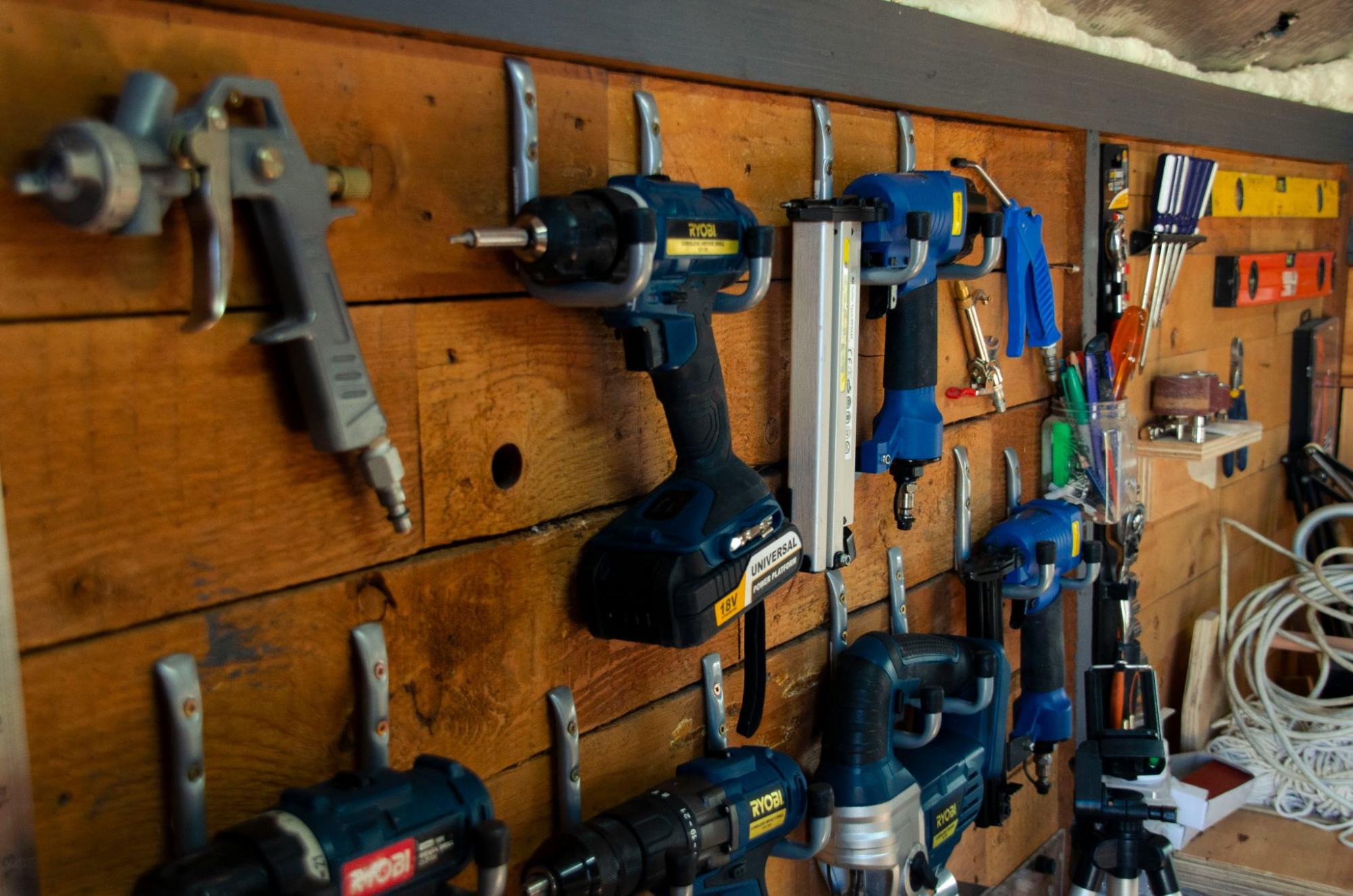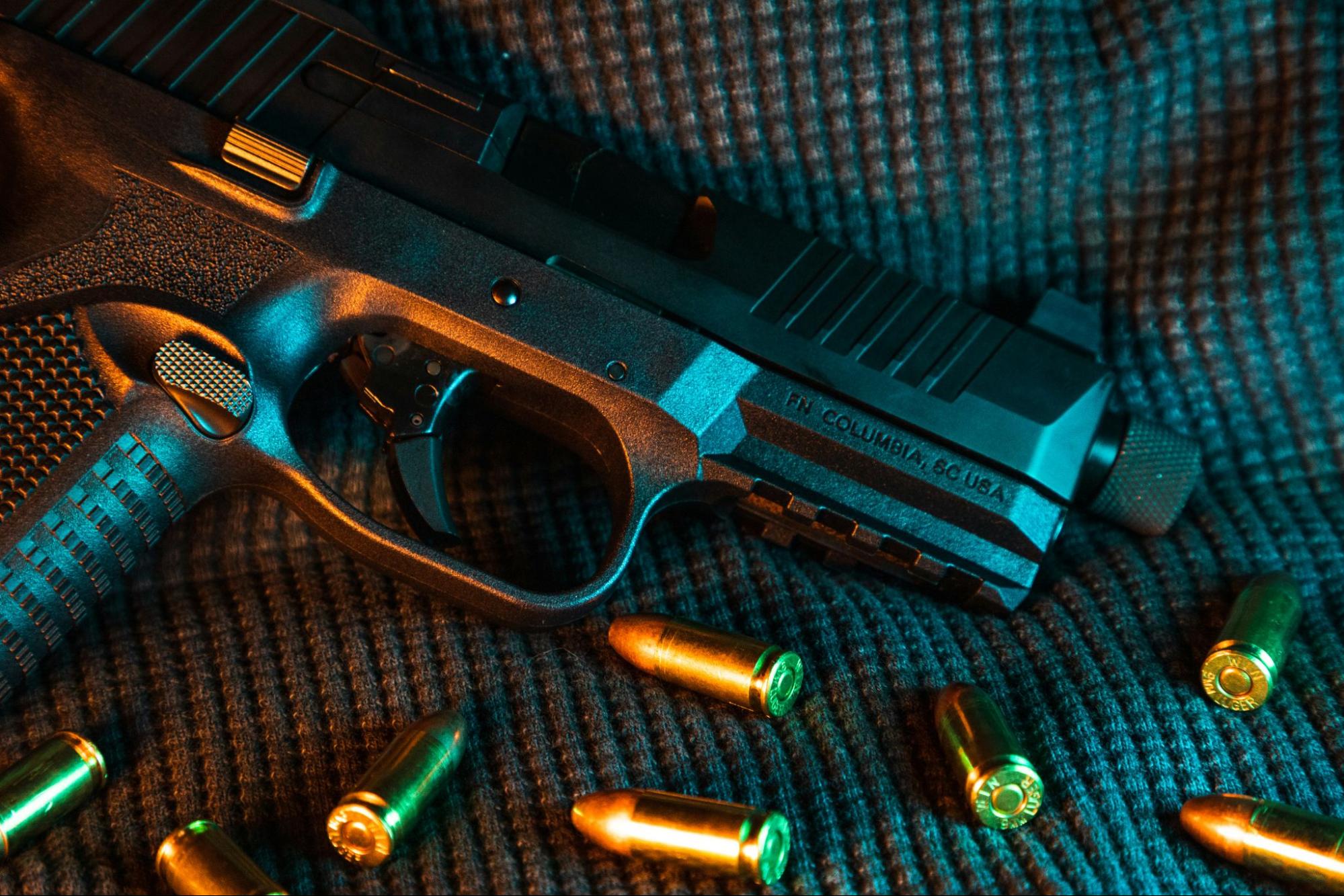
Things That You Should Not Bring to the Airport
August 05, 2024

Packing your bags is one of the stressful things to do while preparing for your trip. It’s not just planning your outfits or ticking every essential toiletry from your checklist. You must also consider what items you can and cannot carry onto the airplane.
There are standard rules regarding the items allowed and prohibited inside carry-on and checked luggage. Knowing these rules will prevent any complications from happening throughout your flight.
In this blog post, we will discuss the different types of prohibited luggage items.
Items Not Allowed in Your Carry-On Luggage

Sharp items
Objects with sharp points and edges are strictly not allowed inside your carry-on baggage, such as:
- medical scalpel
- nail cleaning implements (nipper/pusher/nail file/nail cutter with knife)
- knife (depending on the country)
- ax/hatchet
- arrow and dart
- bayonet, cleaver, sword
- box cutter
- canned product (with easy-open lids)
- knife (depending on the country)
- letter/bottle opener/corkscrew
- fishing hook
- throwing/ninja star
If you are going for an international flight, keep in mind that in the US and Europe, knives are generally prohibited in carry-on luggage, except for plastic or round-bladed butter knives, while sharp blades can be packed in checked baggage if properly sheathed or wrapped.
Similarly, UK law prohibits carrying knives in public without a 'good reason,' leading to strict airline enforcement, where sharp blades over 6 cm are forbidden in hand luggage. Still, it may be packed in checked baggage after consulting with the airline.
Worker’s Tools

Tools that are used for carpentry and construction are also strictly prohibited, which are as follows:
- crowbars
- drills/portable power drills/drill bits
- G.I. wires
- hammers/nail gun
- nails
- pliers
- saws/portable power saws
- screwdrivers
- wrenches
- handcuffs
- harpoon gun
- metal retractable tape measure
- all metal chains
Sports Equipment and Self-defense Weapons
Except for balls used for sports games, most sporting goods are not allowed to be checked in, such as:
- billiard and bowling equipment
- club/sticks/bat/rods/rackets
- crutches/walking sticks or aids/ski poles/hiking poles
- dumbbells/hand weight
- fishing rods
- ice skates
- hoverboards
- paddles for boating, kayaking, or canoeing including air tanks
Items used for self-defense, like mace or pepper spray, are prohibited. In addition, martial arts equipment like billy clubs, blackjacks, and brass knuckles will not be permitted past security.
Items Not Allowed in Your Checked Luggage
Firearms

From the firearm itself to the components, replicas like air pistols or toy guns, and stunning objects like cattle prods, all of them are prohibited from luggage.
Flammable Materials
All kinds of liquid fuels like lighter refills, paints, and paint thinners are strictly prohibited because of their explosive nature.
Toxic Substances
Do not pack liquid chemicals that contain corrosive ingredients like bleaching substances, corrosive batteries, acids, or organic peroxide.
Live Plants and Flowers

Plants and flowers placed in pots and those with roots or seeds will not be accepted in the airport despite certification from the agricultural department or other related agencies.
Alcoholic Drinks above 70% ABV
For drinks exceeding 70% alcohol content, they cannot be carried at all.
Take note of the following guidelines about alcoholic drinks if you happen to carry with you liquors bought from premier liquor shops such as The World’s Finest Liquor.
- For beverages containing less than 24% alcohol, there are usually no restrictions.
- For those with alcohol content ranging from 24% to 70%, it's essential to maintain them in their original packaging.
- There's typically a limit of 5 liters per bottle or container for alcoholic beverages above 24% alcohol content.
- While it's feasible to transport canned drinks in checked luggage, cans bursting are slightly risky. Packaging them in watertight containers is advisable to mitigate this risk.
Adhering to these guidelines should help avoid any complications at the airport.
E-cigarettes
Electronic lighters designed for e-cigarettes must have any components containing butane gas removed before transportation. Additionally, any items containing compressed CO2 should be excluded.
Empty CO2 canisters are permissible for carriage. However, labeling these canisters is essential, and their valves must be removed before transportation.
Conclusion
Understanding the restrictions on items for both carry-on and checked luggage is essential to avoid delays, confiscations, or even fines at airport security. Remembering these guidelines will streamline your packing process and contribute to a safer and more efficient travel environment for everyone.